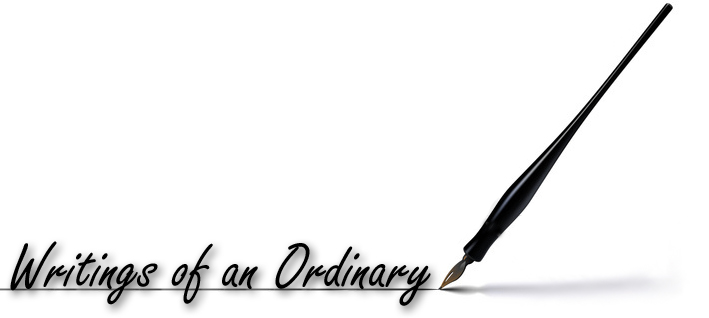Oi! I have been working on imitating other poet's styles for Writing, and i recently did three. I thought I ought to share them with you! The first is (supposed to be) imbued with characteristics that classified the neoclassical/Augustan poet William Cowper. Here it is.
Flood -
The clouds in the sky, still rolling away
Whist and wither bound, they speak storms of may,
Dark and diligent they are born asunder,
Till a sky of blue is torn from black thunder.
An earthward downpour, a rain’s gentle caress
Accompanied and fraught, with a hail’s dark depress,
The swollen rivers and cold thrashing streams,
Swarm far below, the end of ferverent dreams.
The sparrow has flown, away the fox has fled
Never to return, either to nest or to bed,
Now all life is but naught beneath sun moon and stars,
Yet the fault not theirs, is eternally ours.
Time strains on without man’s diligent delay,
And the sun is still casting its golden ray,
Far below upon man’s deep, dark watery grave,
Where by an ark God chose, the race of man to save.
As the waters recede, life shall begin anew
Still to cycle once again, dusk, dawn, and dew;
Until that final day, when Time is ripe at last,
The ending harvest come, the test of life is passed.
Any thoughts? ideas? Personally this is my least favorite part of poetry, having to copy the style of another. Its so much easier to write stuff in my own way, and it generally turns out a lot better too. Anyhow, this next poem is supposed to be off the writing flair of Sir John Suckling (interesting name), a cavalier poet from the 17th century. It is interesting to find that nearly all of his works are on the subject of love, so I have written mine accordingly. This is the one I struggled worst with, and is definitely not as good as the others. Perhaps the only thing i like about this poem is the ending stanza.
Away -
Alas, for away! Away you fly
Faster, faster so than me;
I follow swift, swift as I can,
But away, away you flee.
I only pray in time you’ll see,
That I your only lover,
Could ne'er follow naught but thee,
Yet my soul was made to suffer.
I dream again of that occasion,
When she and only she,
Will turn and to my face confess,
I have loved none but thee.
But until upon that days delight,
I shall contend to only be,
The fleeting stranger of the night,
Until at last you see.
The third and final piece is likened to that of Richard Lovelace, a very VERY famous 17th Century cavalier poet. This was perhaps my favorite one to write, though there are a few rough spots.
Escape -
Of Lady Tragedy, he ran afoul
Yet ‘fore she loos’d her wrathful fire,
He set intent to make her howl,
And escape the moment dire.
Ev’ry time he slipped away
His trail she did follow,
Yet without moment’s delay,
She found his hiding hollow.
In anger’d spite she did conclude
That force to wit had lost,
Cunning must not be exclude,
To brutish strength accost.
Thats about it. Thanks for readin!
~An Ordinary
Thursday, October 22, 2009
Subscribe to:
Post Comments (Atom)

These are pretty good, Robert.
ReplyDeleteThe first two are okay - I can understand how its hard to copy other poet's styles when you have one that's entirely your own.
Although the last one is really good! Very creative!
I liked them! I really liked the use of big/old words such as 'asunder', 'dire', and 'naught'. The rhythm didn't seem to flow very continuously, though, which was the only distracting part to me.
ReplyDeleteThanks for the comments guys!
ReplyDeleteAnna S - Yea, I noticed that too. Funny thing is, the poets i was attempting to imitate did the same thing, a lot. I didnt like it, but I had to do it somewhere, so yea. But thanks for the compliments!
Hmm... I like the Flood poem, but I would have liked it if you had used 2 stanzas to describe the Flood, instead of just one(the water crashing over the land, and swallowing up very man), that way, it can be better emphasized as the topic of the poem.
ReplyDelete